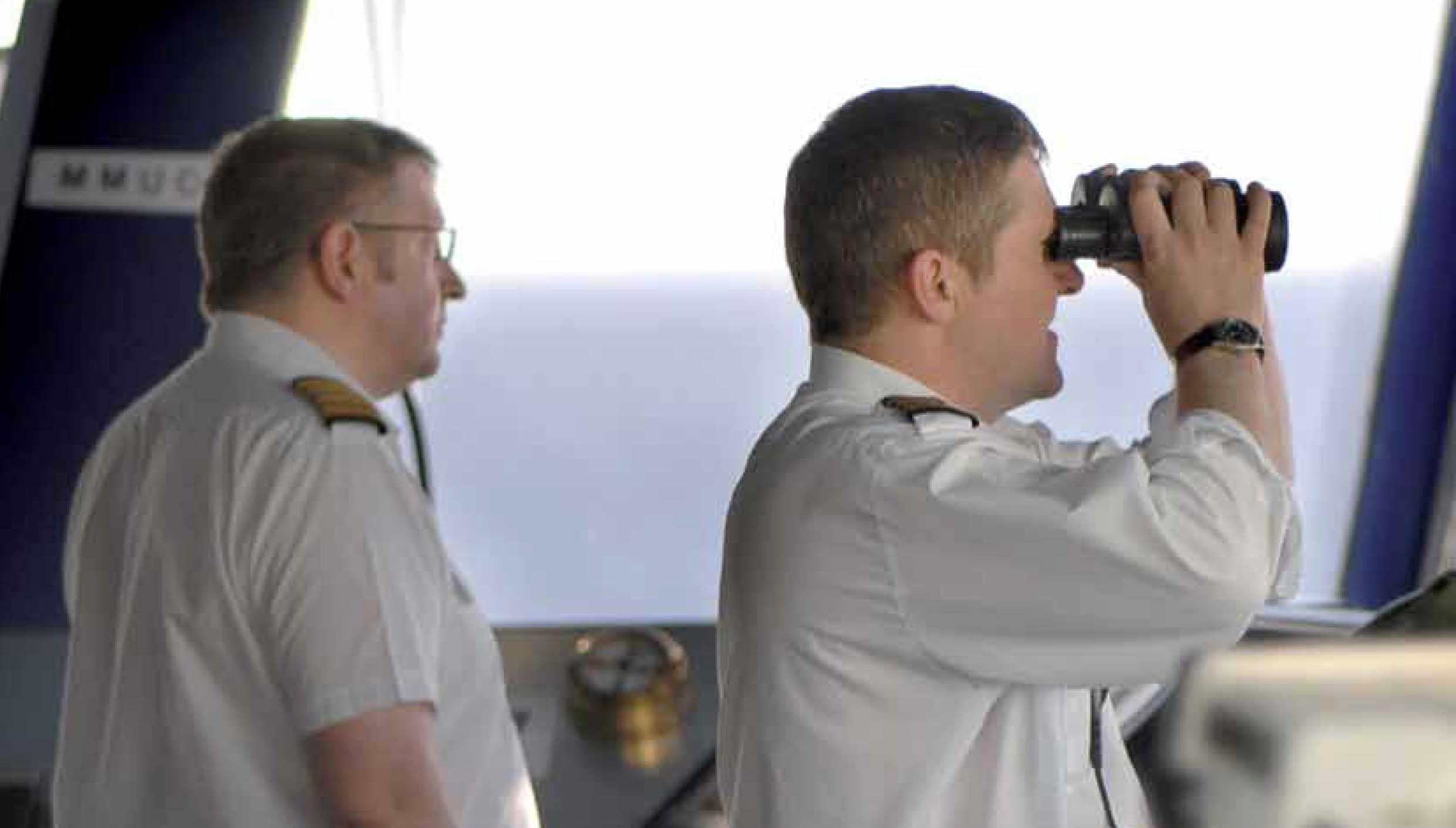- Topics
- Campaigning
- Careers
- Colleges
- Community
- Education and training
- Environment
- Equality
- Federation
- General secretary message
- Government
- Health and safety
- History
- Industrial
- International
- Law
- Members at work
- Nautilus news
- Nautilus partnerships
- Netherlands
- Open days
- Opinion
- Organising
- Podcasts from Nautilus
- Sponsored content
- Switzerland
- Technology
- Ukraine
- United Kingdom
- Welfare

The agreed target for cadet recruitment is decades out of date and must be reassessed, writes Iain Mackinnon, former secretary to the Maritime Skills Alliance and commissioner with the Maritime Skills Commission
It matters a good deal to this country that we recruit and train the right number of cadets each year. Everyone seems to agree that the target we should be working towards is 1,200 a year, but I’ve found it quite a struggle to identify where that number came from. Now that I know, I think it’s a weak basis for such an important target. It's time to have another look.

When Nautilus International joined the UK Chamber of Shipping (UKCS) five years ago to lobby for a doubling of government funding for the training of cadets, their business case already referred to 'government and industry's long-standing objective of 1,200 cadets recruited annually'.
After the Department for Transport (DfT) accepted the case, the new rules were set out in MIN 567, which stated: 'The aim of the new scheme is to increase the annual intake of cadets from 750 to 1,200 to meet the nation’s economic and strategic requirements.'
But why 1,200? Where did that figure come from?
Dig into Annex B of 'British Shipping: Charting a New Course', which John Prescott – yes, we're talking that long ago – published back in 1998 when he was the lead minister for the shipping industry, and you'll find this:
'Recruitment by shipping companies of approximately 1,200 cadets a year is required to maintain the present status quo at sea and ashore.'
But that just pushes the question back a stage. What is that statement based on? It turns out that this is the headline finding of a 1996 report by Cardiff University, prepared for DfT, UKCS and the Marine Society: 'A study of the UK economy’s requirements for people with experience of working at sea.'
So the 1,200 target which everyone uses comes from a report published before Tony Blair became Prime Minister.
That doesn’t make it wrong, of course, but anyone who wants to ask what the right answer is might reasonably wonder whether an analysis prepared 26 years ago is really the best basis for current policy. Rather a lot has happened since then.
More than that, though it is a good report as you'd expect from Cardiff's Seafarers International Research Centre (SIRC), it was prepared in the context of the gloom of the 1990s as the industry struggled with the realisation that it was much smaller than it used to be and that recruitment in the 1970s and 1980s was far lower than it should have been. The whole emphasis of the report was on making up the deficit, filling a hole – not on grasping an opportunity.
A generation on, we are confident that British training of cadets is excellent and widely-regarded as such. Last year’s Maritime Skills Commission report has some well-crafted recommendations to make sure that we stay at the head of the pack. That's a great basis for growth.
Ought we not to be asking bigger, bolder, questions about how we make the most of our opportunities, instead of relying on a target constructed to address yesterday's problems?
Nautilus International’s professional and technical officer David Appleton reported in the Telegraph in March that the industry needs to rebuild cadet recruitment after numbers took a big hit during the pandemic – even before Covid struck numbers were falling from their 2018 high of 800, not rising towards the target of 1,200.
Knowing the source of that 1,200 target, I suggest that it needs a fresh look.
Tags
More articles
Can colleges revolutionise training in time?
MCA announces extra exam time for dyslexic cadets in UK
Professional and Technical Forum tackles maritime education
Maritime education was the focus at the latest Nautilus Professional and Technical Forum meeting, held online across the Union's three branches on 25 January 2022.
